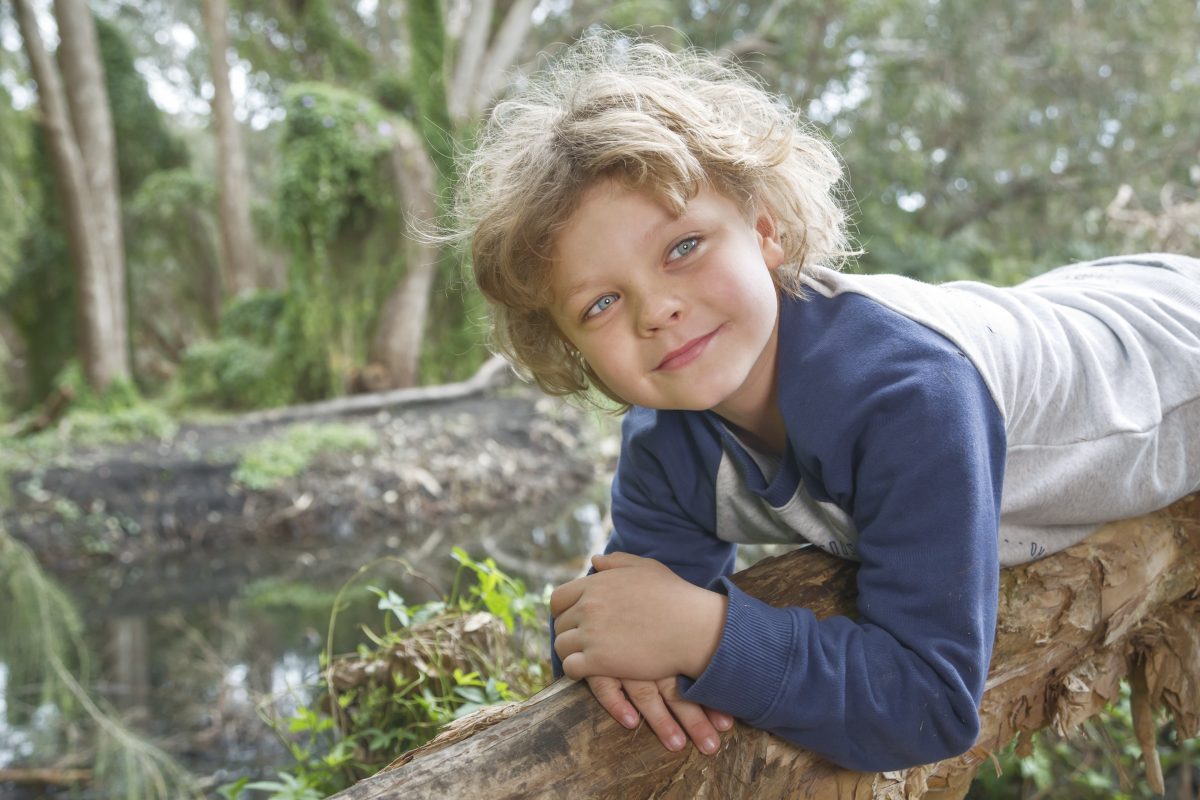We thank Uniting WA for sharing this article with us.
A personal story – Josh’s journey through homelessness
Josh* spent time as a Uniting WA Beds for Change participant last year. Beds for Change was a supported transitional accommodation service for people experiencing homelessness which was established during the early stages of the COVID-19 pandemic. It was so successful that the program now forms part of Uniting WA’s ongoing strategy to address homelessness.
Josh shares his story here.
*****
I was born in a big city and spent the first 2 years of my life there before my family moved states. I then spent my childhood living in regional towns.
I was an only child and my Mum was a single Mum. She was an alcoholic and I had to look after her a lot. Since the age of 10, I used to have to nurse her outside the pub at two in the morning. A lot of the time I was on the street, drinking at a very young age. I wasn’t really socialising with good people and I was taken advantage of a lot. As a result, I don’t put up with anything these days.
When I got a bit older, I got into drugs and had issues there with methamphetamine for a while. That wasn’t good so I left where I was living and moved states again. I still had drug issues, but it wasn’t as bad.
Then I moved to be near my grandparents and that kind of sorted me out. I reconnected with them in early 2020 and I started sharing things with them. They were really supportive and good about everything, and they helped me out through a lot of the alcohol and drug issues. They helped me gain more self-confidence – that was my main issue and the main reason I used drugs and alcohol. I don’t drink nowhere near as much now, and I don’t touch drugs anymore.
My grandparents taught me that I can really do anything. They were hard on me, but I needed it. With them, I saw the light at the end of the tunnel.
I was 27 years old when I came over to WA thinking that I had a legitimate job in the South West, but it turned out it wasn’t. The boss wanted to pay me in cash. I had a letter of offer saying that I had a job, but he kept avoiding putting me on the books, so I ended up leaving after three months. That’s how I ended up being homeless in Perth.
I didn’t know anyone in Perth, but I thought my probability of getting ahead with housing and work would be a lot better in Perth than it would be in the South West.
That was the first time I went to Tranby (Uniting WA’s Crisis Support and Engagement Hub). I came in and let them know what was happening. I was in survival mode and just spent the bare minimum I needed to get by. I was looking for jobs as well, but I didn’t want anyone to know I was homeless. Every time I applied for a job, I used Tranby as my address and I never got any call backs from anyone because they would figure out I was homeless.
I spoke to the team at Tranby and they told me I could apply for Beds for Change. They helped me get through all of that and I got a place at Beds for Change, re-did my CV and asked them if I could use that as my residential address. They agreed and two days later, I had a job.
Beds for Change housed me while I started working. It allowed me the time to save up money so I could then get a share house. I would also go to Tranby so I could use the computers and the internet for work stuff.
I started doing factory work and then decided I wanted to go to the mines. I started off doing shutdowns but am working towards full-time work now. I did three of four shutdowns with my employer and then they offered me a probationary period for a permanent job, which I’m doing now. I work two weeks on, two weeks off and I really like it.
I’m living in a share house at the moment but am looking to move closer to the airport and the city soon. I’m looking for a one-bedroom unit so I can have space and come home to my own things. I like jiu jitsu and kick boxing, so I’m also looking forward to being able to do a class.
Beds for Change was awesome, it’s a program that should be done more often because it really helps people. The service was more personal, instead of having a format where ‘this is how it runs’ – it adjusts person to person and understands that everyone’s circumstances are completely different. Instead of just having one program and one model where you’re only going to get a percentage of people who will be able to make it through that model, Beds for Change is more flexible, which it should be – because that’s how life is.
My advice to anyone in a similar situation is to think back to all the things you’ve done well in your life and remember that you can do it again.
*Name has been changed to protect privacy.

